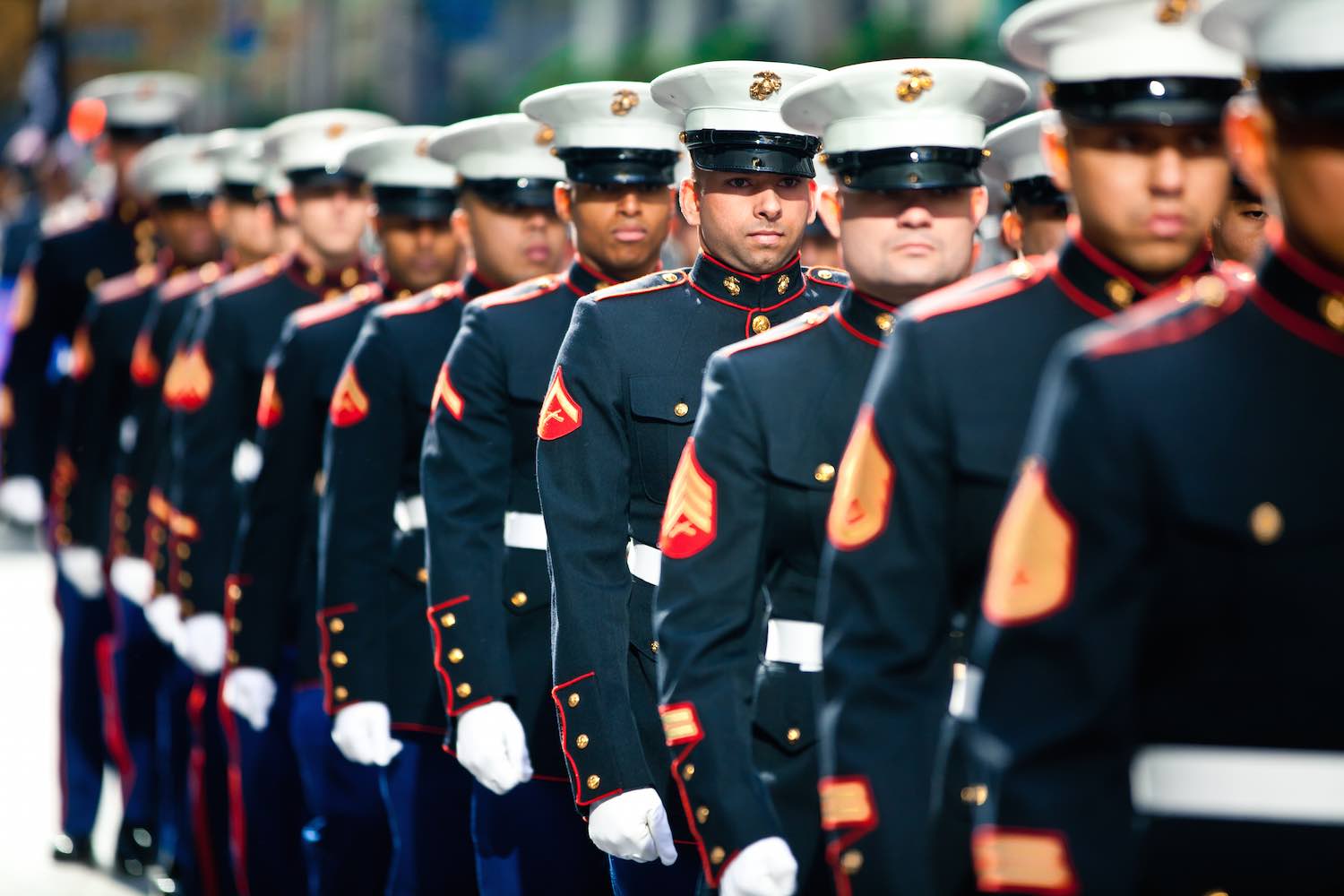ImpactAlpha, Nov. 11 – Veterans have a natural affinity for entrepreneurship. Just ask the founders of Nike, Fed-Ex, WalMart, and USAA.
The leadership, team-building, and decision-making skills military service members cultivate in their active duty turn out to be critical for entrepreneurial success. For many veterans, it’s just a given that they would seek to drive positive social impact as part of their ventures.
“Those that have self-selected to be in the service will self-select to have a social impact,” says Mark Rockefeller, cofounder of StreetShares, an online lending platform that has lent nearly $200 million to veteran-owned businesses since 2013.
“StreetShares provided me capital when I couldn’t get it anywhere else,” service-disabled veteran Brad Halsey told ImpactAlpha.
His venture, Building Momentum, which provides innovation and technology training to military professionals.
A developing ecosystem shows promise in reversing the plummeting rates of “vetrepreneurship.”
After World War II, roughly half of returning service members started their own ventures. About 40% of Korean War vets started businesses. Since 9/11, less than 5% have pursued their own ventures. A critical change: WWII vets had access to low-cost loans to start a business via the G.I. bill, a feature the modern version is missing.
Veterans are more likely to hire other veterans, so fewer vet-owned companies contributes to employment challenges for returning military professionals.
Dealflow
Denver-based CirrusMD raised $15 million in May to roll out its virtual health advice and diagnosis services to 200,000 patients at three V.A. facilities. The PenFed Foundation’s Veteran Entrepreneur Investment program invested in former naval aviator Abe Kamarck’s True Made Foods, which makes healthier, vegetable-based condiments like ketchup and sriracha.
The U.S. Department of Veterans Affairs and agencies in Massachusetts and New York are launching a three-year pay-for-success project to help veterans suffering post-traumatic stress disorder. Orion Talent, which matches companies and U.S. military veterans moving into the mainstream workforce, was acquired last year by private-equity firms L2 Capital Partners and Lakewood Capital.
Dealflow
Denver-based CirrusMD raised $15 million in May to roll out its virtual health advice and diagnosis services to 200,000 patients at three V.A. facilities. The PenFed Foundation’s Veteran Entrepreneur Investment program invested in former naval aviator Abe Kamarck’s True Made Foods, which makes healthier, vegetable-based condiments like ketchup and sriracha. The U.S. Department of Veterans Affairs and agencies in Massachusetts and New York launched a three-year pay-for-success project to help veterans suffering post-traumatic stress disorder. Orion Talent, which matches companies and U.S. military veterans moving into the mainstream workforce, was acquired last year by private-equity firms L2 Capital Partners and Lakewood Capital.
Regional ecosystems
Two regions that stand out in a study by the Center for a New American Security: the Washington-Baltimore corridor and Austin, Texas, where the new U.S. Army Futures Command serves as a hub around which “veterans can build successful technology startups without flocking to Silicon Valley,” write the authors.
Access to capital
Angel and venture funds focusing specifically on veteran founders include Hivers & Strivers, Veteran Ventures Capital, TFX Capital and LunaCap Ventures. Veteran-run Bunker Labs offers networking, education and other services for veteran entrepreneurs in dozens of cities as well as online. Next month, yogurt maker Chobani will kick of its first incubator program for veteran-founded food startups.











